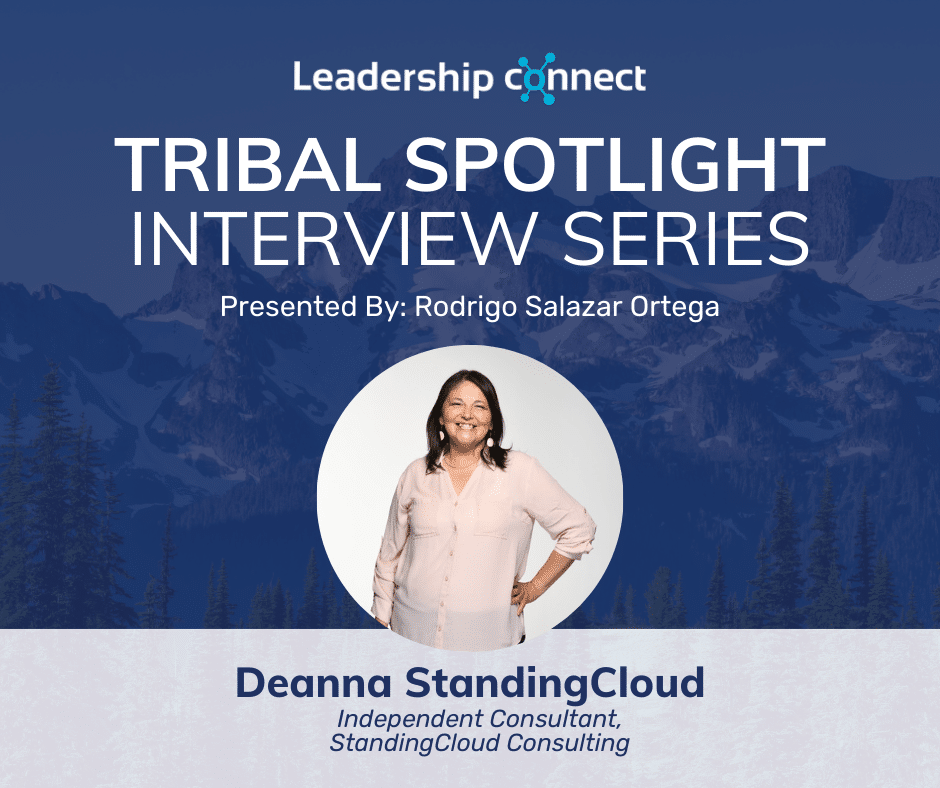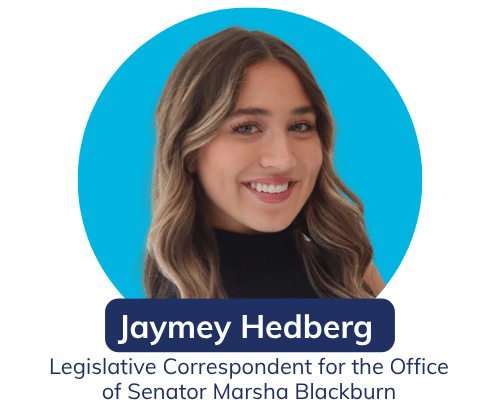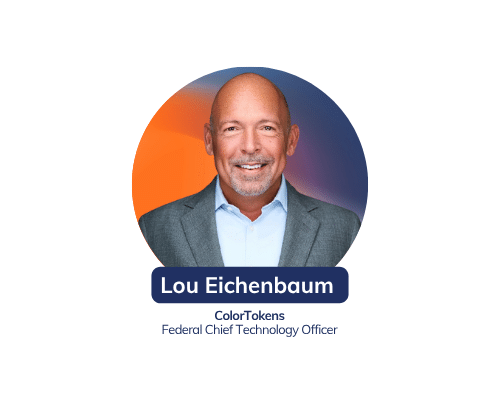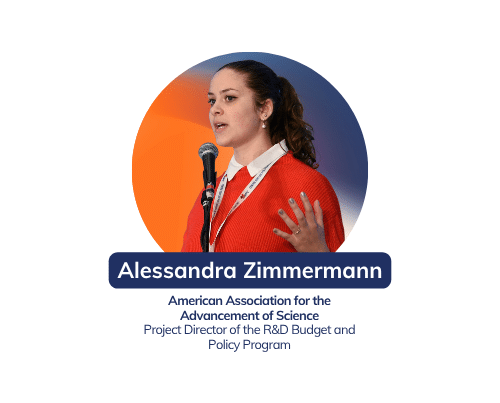In this interview, I spoke with Deanna StandingCloud, an independent consultant working with Tribal Nations in Minnesota. Deanna shared her unique journey from participating in an urban outreach program at a Tribal college to focusing on cultural preservation, storytelling, and community building. Her work centers on empowering Tribal communities through education, networking, and promoting sovereignty, all while staying deeply rooted in cultural traditions.
Takeaways:
- Supporting language and cultural practices is essential for the well-being and thriving of Tribal communities.
- Understanding and addressing personal, cultural, and historical trauma is crucial when working with Native communities.
- Building strong connections and leveraging networks can have a transformative impact on individuals and communities.

Can you tell me about your career path that has led you to where you are now?
I attended a Tribal college in an urban outreach program, which was a unique opportunity for Native folks living in the city. It was different from the typical experience of attending a Tribal college on the reservation. I wanted my children to also have that education, so I became very involved in the Indian education department in Minneapolis. My involvement there led me to work with a linguist and an elder who took me under her wing, teaching me a lot about cultural practices. I knew I wanted to support language and culture as pathways to wellness for our community because so many of the issues we face stem from the loss of that connection.
Since then, I’ve been involved in so many areas—philanthropy, nonprofits, education, and now working more on the artistic side. I’m focusing on expressing sovereignty through storytelling, which has brought me a lot of passion. I’ve hosted events, developed workshops, and worked on transforming networks for communities. It’s been a pivotal point for me, shifting my perspective on how powerful networking can be and how much it can transform lives.
How did you become passionate about the intersection of tech, government, and tribal communities, and how do you stay informed and engaged in those areas?
A lot of folks in Tribal government and community work are driven by passion and heart. There’s a sense of urgency in preserving Tribal Nations because we’re dealing with so many critical issues—blood quantum, the opioid epidemic, education, and food sovereignty, to name a few. We’re also learning as we move forward, reconnecting with our language, culture, and history, even as adults. That reconnection is powerful at any age.
What really set things in motion for me was a project I worked on at the Tiwahe Foundation, where I developed workshops on networking. It helped me realize how powerful networks are for building connections and transforming communities. It’s something we’ve always had as Native people, but we hadn’t always leveraged those connections to advance our communities. That project changed my perspective and showed me how crucial those relationships are.
What do you believe sets Tribal Government Relations apart as a unique work environment, and how do you navigate its challenges in your everyday work?
Tribal government work is unique because it’s deeply personal for a lot of people. Many of us are involved because we feel a responsibility to preserve our Tribal Nations for future generations. There’s a sense of urgency because there are so many critical issues we must address, and sometimes it feels like we’re working against a deadline.
One of the challenges is that we’re all at different levels of trauma—personal, cultural, and historical. We have to tread lightly and be intentional in the work we do. There’s a lot of survivor’s guilt in our communities, especially when we’re working toward positive goals, and that can weigh on us. I’ve learned not to take things personally and to focus on repairing relationships while taking care of my own mental health.
Describe a challenging or rewarding project that significantly influenced your growth as a professional. How did you handle the challenge, and what did you learn from the experience?
One of the biggest lessons I’ve learned is that we’re all dealing with different levels of trauma, and that can make working with our people challenging. A lot of the work we do is emotionally taxing dealing with issues like the opioid epidemic, homelessness, and historical trauma. I’ve had to learn not to take things personally, even when the work is difficult.
The most rewarding part is seeing the positive impact we can have when we come together to support one another. Building relationships and repairing them when needed is crucial. I’ve learned to approach every situation with mindfulness and care, knowing that the work we do is not just about the task at hand but about supporting the well-being of our communities.
What advice would you give to someone navigating how to bridge the gap between traditional practices and modern governance structures?
My advice would be to use your intuition and approach the work with an open heart and mind. Whether you’re Native or non-Native, it’s important to be respectful, curious, and humble. Mistakes will happen, but it’s how you move forward from them that matters.
It’s also important to know where you fit in and how you can help. Be brave enough to ask the deeper questions, like why certain issues, like a pipeline, matter so much to Tribal communities. And most importantly, educate yourself. Learn the basic history of Tribal Nations, understand the impact of historical trauma, and be willing to shift your perspective as you learn more.
Word association, what is the first word that comes to mind for each of these?
- Policy – Trauma
- Networking – Connection
- Communications – Open
- Leadership Connect – Women leaders






